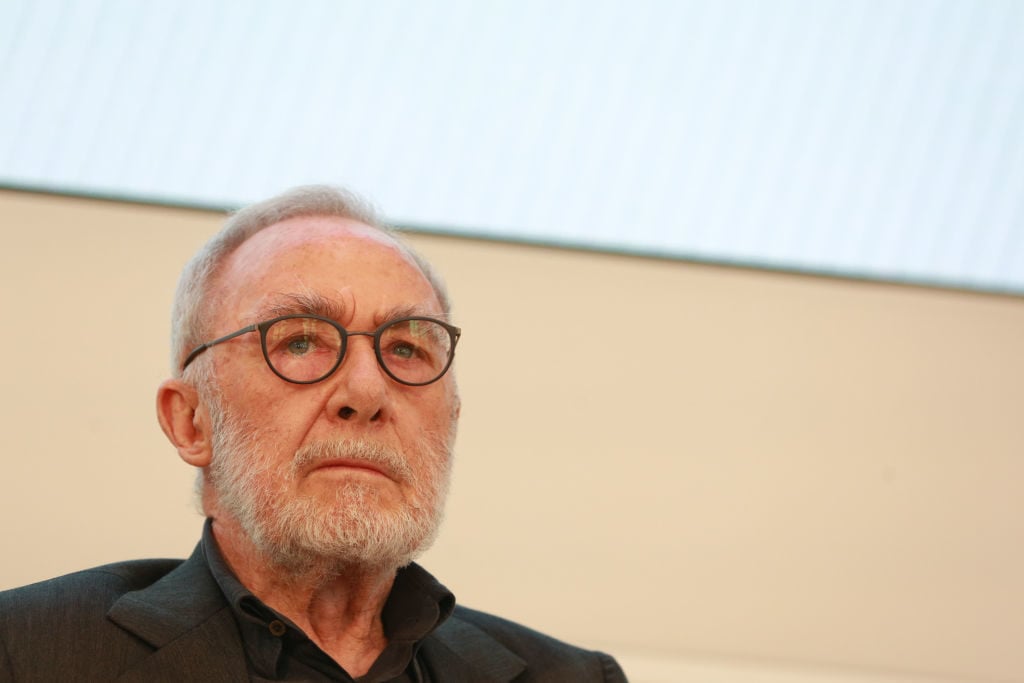Art World
After Gerhard Richter Disavowed a New Movie Based on His Life, the Director Fires Back: ‘He Hasn’t Seen the Film’
The director of 'Never Look Away' says he even read the screenplay to Richter word for word before it was released.

The director of 'Never Look Away' says he even read the screenplay to Richter word for word before it was released.

Henri Neuendorf

Gerhard Richter has distanced himself from the new film Never Look Away, a fictionalized account of the German artist’s life by Oscar-winning director Florian Henckel von Donnersmarck. Richter was reportedly angered that the filmmaker did not go far enough to conceal key autobiographical details from the notoriously reticent painter’s life story.
Donnersmarck told artnet News in November that he spent several weeks meeting with Richter and recording candid conversations about the artist’s life with a shared understanding that the resulting screenplay would be fictionalized. “I think [Richter] spoke so openly specifically because it wasn’t a biopic,” Donnersmarck said at the time. “He knew I would change the story into something that was inspired by some elements from reality, but that wasn’t reality.”
Never Look Away treads a fine line between fact and fiction. It centers on the story of a German artist named Kurt Barnert during the tumultuous thirty-year period in German history between 1937 and 1967. The movie does not use Richter’s name and the paintings that appear in it were made by one of Richter’s former assistants.
But for the artist, this didn’t go far enough. When the film was released, Richter told New Yorker journalist Dana Goodyear in a letter that he had “bad feelings” about it and a “dislike of both the movie and the person.”
Over the course of his correspondence with Goodyear, Richter reveals that he told Donnersmarck he “would not approve of a movie about Gerhard Richter” and says he “gave him something in writing stating that he was explicitly not allowed to use or publish either my name or any of my paintings,” to which Donnersmarck allegedly agreed.
Since then, “he has done everything to link my name to his movie,” Richter said.
“Richter by his own admission hasn’t seen the film,” Donnersmarck told artnet News in an email, referencing the New Yorker story which notes that the artist he only watched the trailer. “Especially after collaborating with me for several weeks, after telling me all the details of his life which I was asking about for no other reason except to use them in the film.”
Richter has a reputation for controlling the narrative surrounding his work. As the New Yorker notes, he has taken the unusual step of compiling his own catalogue raisonné, an official list of works in an artist’s oeuvre that’s normally put together by art historians or curators. He has also been known to ruthlessly edit it, and has even disavowed works that no longer meet the vertiginous standards he sets for himself.
Richter knew exactly what was in the screenplay before it came out, Donnersmarck said. “I read it to him word for word, with two witnesses. And I recorded the reading. After hearing it, he had six weeks to react. He called me and asked me to make only two small changes. I made the changes, because they did not significantly alter the film. And I didn’t and don’t want to hurt him with the film.”